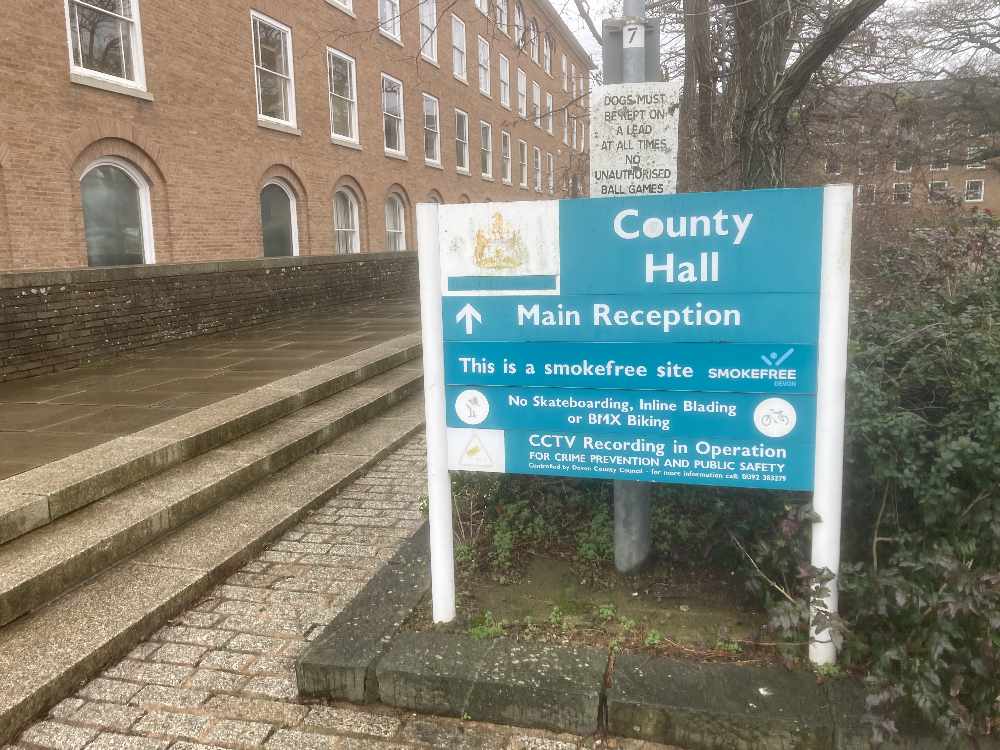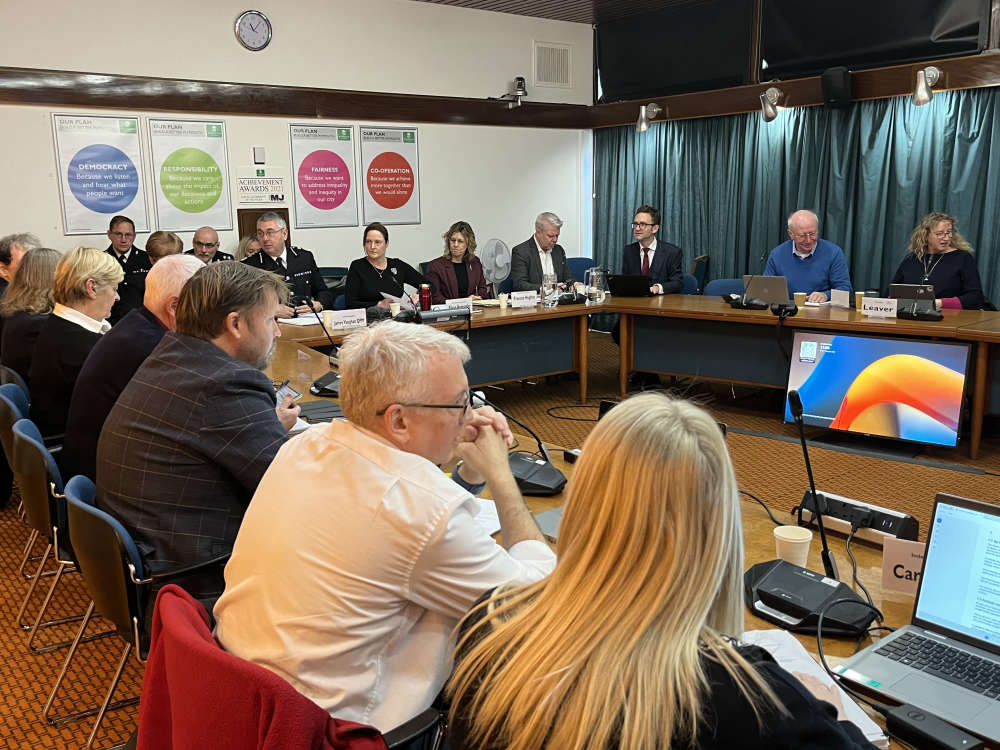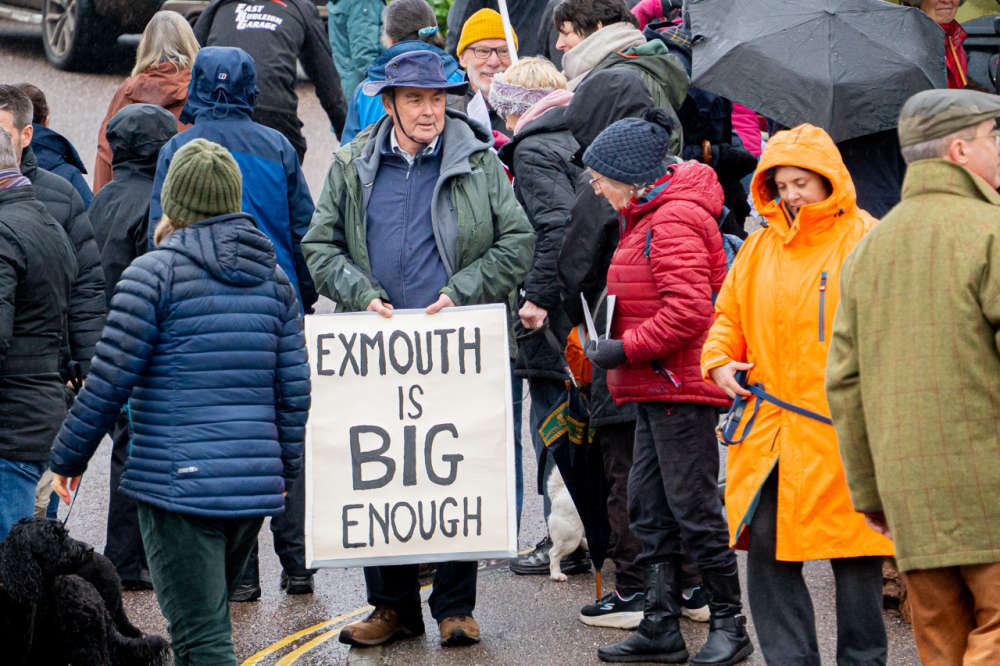
They say services depend on it
Devon councils owe a whopping £1.9 billion pounds to lenders with Plymouth topping the list.
Plymouth City Council’s borrowing totalled £702 million at the end of March 2025, an increase of more than £50 million on the previous year.
Analysis of data from the Ministry of Housing, Communities and Local Government by the BBC shows the city lies 52nd out of 382 councils in terms of the highest debt. Birmingham is at the top with 3.5 billion.
Meanwhile Devon County Council, the largest council in Devon by population and area, came in as the second top borrower in the county owing £517 million compared to £474 million in 2023/24 and is 78th on the list.
UK councils owe seven per cent more to lenders than they did a year ago – a total of £122.2 billion, the equivalent of £1,791 per resident, says the BBC Shared Data Unit.
The money, borrowed largely from an arm of the Treasury, has been used to buy hundreds of commercial assets from shopping centres, to office parks, cinemas, energy companies and housing developments all with the aim of returning a stream of income.
Many council leaders said they had no choice but to invest in order to fill the gap in income they used to receive from the government under the revenue support grant.
In recent years, various commentators have warned that the debts held by councils – which must balance their budgets every year – are unsustainable. In 2020, chair of the Public Accounts Committee Dame Meg Hillier said the Government was “blind to the extreme risks” of council borrowing levels.
Since then, six more councils have had to issue section 114 notices declaring themselves effectively bankrupt: Croydon, Slough, Thurrock, Birmingham, Woking and Nottingham.
A further 30 councils have sought exceptional financial support from the government in 2025-26, totalling £1.3 billion. The authorities will be allowed to use Treasury loans or cash from selling assets to cover day-to-day spending, which they are normally banned from doing.
Devon as a whole has seen an increase in borrowing overall of £95 million in a year and it totalled £1.9 billion in April 2025. All have been critical of the cuts in government support over the years.
But whilst Exeter City Council has seen an increase from £164 million to £173 million and North Devon District Council’s borrowing rose from £3 million to £12 million, the unitary council of Torbay and five other district councils have either remained at the same level or reduced the amount they have borrowed. Teignbridge District Council is one of just 32 councils across the country which has no borrowing on its books.
A spokesperson for Plymouth City Council said: “Borrowing has enabled us to draw in tens of millions of pounds for initiatives such as the Plymouth Life Centre, The Box, the new crematorium, major investment in roads and transport infrastructure, the building of much-needed new homes and the building of new adult social care facilities. Without it, these initiatives just wouldn’t happen.
“Our current level of borrowing reflects the scale of investment we are securing for Plymouth. Many projects which are possible only through borrowing – such as the building business units across our many industrial parks – not only increase in commercial value but provide a significant income for the council through rents and business rates – which all helps the bottom line and protects other services. Crucially these projects as support thousands of jobs, puts money in people’s pockets and help city businesses to thrive.”
They added that borrowing levels and investment proposals were regularly and thoroughly reviewed to ensure that its investment was affordable and delivered good value for taxpayers and citizens.
A spokesman for Devon County Council said the authority’s external debt currently stood at £507 million and this level had been consistent since 2013, with the only exception being in 2023 where a repayment of loans reduced it to £474. This has subsequently been refinanced.
“The £517 million figure includes an additional £10 million borrowed on March 27 of this year to facilitate the introduction of our new financial system, but this was paid back in full the following week.
“Currently the Special Educational Needs and Disability (SEND) deficit means that our cash balances have reduced to a level where repayment of debt would bring the level of cash balances down to an unsustainable level.”
They said interest on external debt for this year was £26.6 million and further borrowing was expected to fund the capital programme going forward.
Torbay Council, which has reduced the amount it owes to lenders from £364 million to £350 million, said the largest proportion of the debt related to the purchase of assets outside of Torbay including out-of-town retail, office buildings and warehouse space which generate, in total, circa £13.3m of gross rental income per annum.
“Rental income from these properties not only cover the relevant borrowing costs, on-going maintenance, and management of the assets, but, in addition, contribute a net surplus of £4.1m per annum to the council’s bottom-line budget,” it said.
“Other loans have been taken out and accumulated over several years for areas such as council-led housing developments, construction of the South Devon link road and regeneration schemes in support of employment and the economy in Torbay.”
North Devon Council said its external borrowing has increased by 300 per cent to fund the approved capital expenditure of the council including the purchase of Green Lanes Shopping Centre, building a new leisure centre and buying houses for temporary accommodation.
“At 31 March 2025, our underlying need to borrow for the capital programme was £27.7million and towards this we had external borrowing now of £12 million. So actual borrowing was much lower than what we actually needed to fund spend thus saving the council budget considerable amounts of borrowing interest payments.
They said through the “prudent way we manage our treasury and cash flow activity” the interest costs on borrowing were almost £200,000 than what had been budgeted for.
Teignbridge District Council said careful management of its existing funds, earmarked reserves and monies unapplied on its balance sheet, it had no requirement to date to borrow externally for capital schemes and incur interest costs.
 Cornwall ‘shafted’ by D&C Police, says leading councillor
Cornwall ‘shafted’ by D&C Police, says leading councillor
 Torbay's bigger buses outgrow streets
Torbay's bigger buses outgrow streets
 Anger at plans for 700 homes in Exmouth
Anger at plans for 700 homes in Exmouth
 Totnes snubbed as banking hub
Totnes snubbed as banking hub
 Student flats to replace former Exeter nightclub
Student flats to replace former Exeter nightclub
